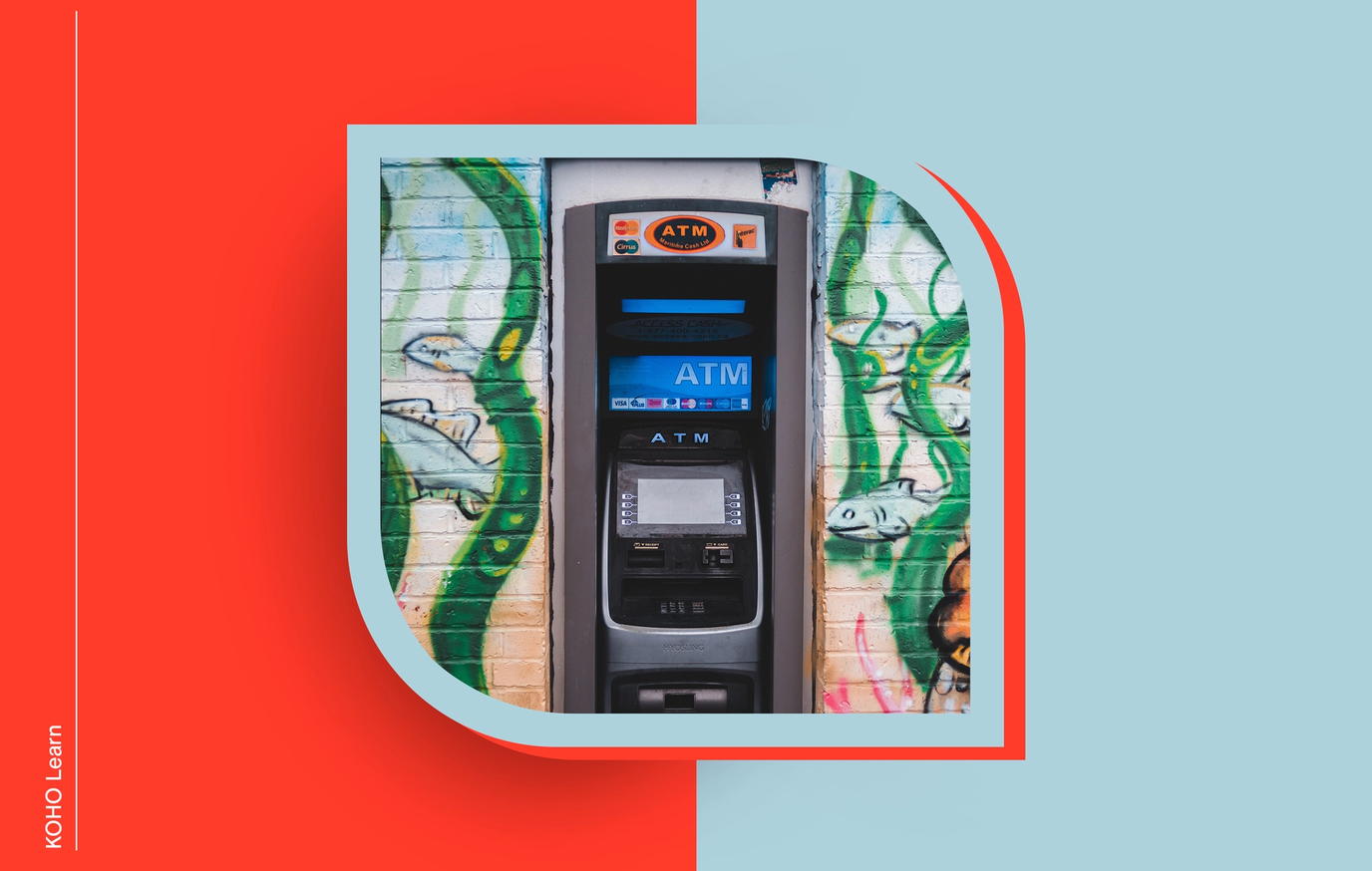Back to learn
How does earned wage access work in Canada?

Written By
Rounding it up
Earned wage access (EWA) provides workers with the ability to withdraw earned wages between pay periods.
Many employers partner with Fintech companies to provide EWA to their employees.
While equipping financial flexibility to users, EWA can also reduce employee turnover.
However, users should always be aware of EWA fees, if any.
Payday: the day that brings a big sigh of relief. The day when your hard work and dedication revitalize both your bank account and your spirits.
Sometimes, it feels like payday can’t come soon enough. After all, we have bills to pay. What if you didn’t have to wait? What if the effort you put in today could be in your wallet sooner? With earned wage access, these “what ifs” can become reality.
What is earned wage access?
Earned wage access (EWA), also known as on-demand pay or daily pay, provides workers with access to their earned wages between their normal pay periods. Fintech companies have come up with a way for employers to pay their employees faster with minimal to no fees.
How exactly does EWA work? Let’s say that your pay period is biweekly. This means you are paid every other week for the previous two weeks’ worth of work. Now, let’s say that you are one week away from your typical pay period, but you have a big bill due and you’re short on available funds in your bank account. With EWA, the hours you already worked but have not been paid for, can be deposited into your bank account, then and there. Some services even let you pick up the cash in person. Not bad, right?
How does earned wage access work in Canada?
EWA is available to anyone provided their employer partners with a service provider. It can have the greatest benefit for the 53% of Canadians who live paycheque to paycheque, and even more so during COVID. Managing your finances can be difficult, and waiting for your next pay period can be a stressful time.
Companies whose employees predominantly work part-time for lower wages may realize that early access to pay can mean a world of difference. So, they can choose to partner with Fintech companies that provide EWA services.
Let’s break this down. Imagine you have a part-time job as a barista at a local Second Cup, and you’ve worked a shift today. Your employer—the Second Cup manager—verifies the hours you worked or the amount of income you have earned and have access to. The Fintech company provides the software (usually a phone app) that allows you to view your available funds and link to your bank account or other chosen method of payment allowing you to access those wages. You decide if you want to access those funds before your regular payday.
EWA is only possible if your employer partners with an EWA service provider. Your employer is the only entity that can verify that you earned wages. So, if this seems like an important option, you may want to seek out companies that provide this service. Any EWA service provider that circumvents working with the employer may be providing something legally different. Essentially, if you get paid without verification of an earned wage from your employer, it could be considered an advance or loan, which has other financial and legal obligations. So, now that we know what EWA is and how it works, let’s explore some of the advantages and disadvantages of the service.
Advantages and disadvantages of earned wage access
EWA seems like a great option both for employees and employers. But before we all go running to the streets, cheering and tossing confetti, we should consider both the pros and cons of this service.
Advantages of EWA
As mentioned above, EWA is beneficial for all, but especially for low-income workers. It’s a financial tool that allows employees to have financial flexibility. They can access their earned funds almost immediately and have the money deposited in various ways (to a bank account, a reloadable card, etc.). This is also a fantastic alternative to payday loans. Payday loans typically include extremely high interest rates and can put you in financial ruin if, for some reason, you cannot pay back the balance within the agreed-upon terms.
Employers also benefit from this service in several different ways. First, this service allows low-income employees to have more financial flexibility, leading to higher employee retention and less turnover. In fact, employers who offer earned wage acces experience, on average, a 50% reduction in employee turnover. The cost of employee turnover is expensive, so it is in an employer’s best interest to mitigate turnover when possible. Additionally, Fintech companies providing EWA services may save employers some costs associated with printing paycheques. These costs may seem negligible, but for larger companies with hundreds or thousands of employees, printing that many cheques on a weekly or biweekly basis can certainly add up. By partnering with a Fintech company that can automate and digitize EWA payments, employers save time and money.
Disadvantages of EWA
Even though EWA seems like a great benefit, all that glitters is not gold. As an employee, you may need to pay a small fee to access your funds earlier than your normal pay period. And if you want your wages immediately, you may have to pay a higher fee than if you were to wait until the next day. There may also be limits to the amount that you can access from your earned income, depending on the EWA provider. Additionally, as an employee, you’ll have to manage your budget for the next pay period to ensure that you can survive on your remaining earned wage balance.
Employers who partner with Fintech companies might also partially or fully pay the fee for earned wage access. It may save some money long-term to pay the fees of employees to reduce turnover, but it could cost more if many employees are constantly withdrawing their earned wages early.
Is EWA right for you?
Still unsure about EWA? Let’s review one more time.
Earned wage access allows employees to access their earned wages almost immediately after working. It benefits many, particularly low-income workers, by providing increased financial flexibility. However, employees may have to pay fees to access their earned wages and may be limited in the amount they can withdraw from their total earned wages.
Employers need to partner with EWA service providers so that their workers can access their earned wages between pay periods. This, however, increases both employee satisfaction and retention, which would ultimately save the employer money.
With this background information in mind, consider the following questions to determine whether you should delve into the world of EWA.
As an employee, ask yourself if the potential fees are worth it. Can you budget accordingly after withdrawing a portion of your earned income? Do you need financial flexibility, and do you need it now?
As an employer, ask whether you need to improve employee turnover in your company. Can you cover the potential fees associated with EWA?
At the end of the day, EWA has the potential to empower all those involved. It’s a win-win-win for employees, employers, and the FinTech companies that make it possible.
Note: KOHO product information and/or features may have been updated since this blog post was published. Please refer to our KOHO Plans page for our most up to date account information!

Ben Bejster
Ben is a freelance writer and law student at Indiana University Maurer School of Law. He previously worked in various marketing positions before launching his own content writing agency.